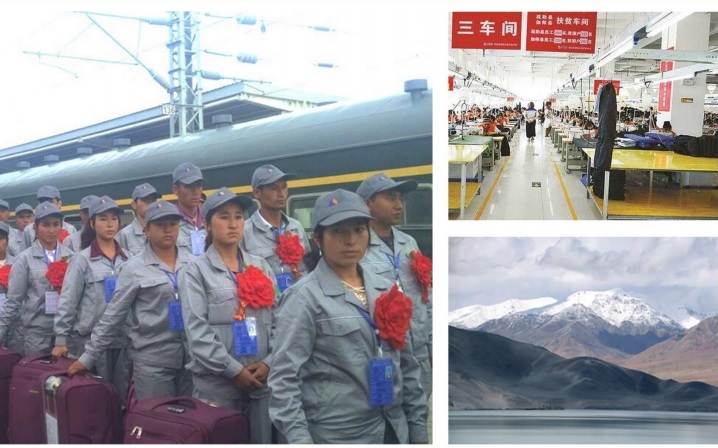Dr. Adrian Zenz is one of the world’s leading scholars on People’s Republic of China (PRC) government policies towards the country’s western regions of Tibet and Xinjiang. In 2017-2018, Dr. Zenz’s analysis played a significant role in bringing to light the Chinese government’s campaign of repression and mass internment directed against ethnic Uyghur persons in Xinjiang (China Brief, September 21, 2017; China Brief, May 15, 2018; China Brief, November 5, 2018). Dr. Zenz has testified before the U.S. Congress about state exploitation of the labor of incarcerated Uyghur persons (CECC, October 17, 2019). Previous research by Dr. Zenz has uncovered the existence of two parallel yet distinct large-scale, state-sponsored coercive labor transfer programs in Xinjiang, which target the “graduates” of vocational internment camps and unemployed rural surplus laborers, respectively (Journal of Political Risk, December 10, 2019; Newlines Institute, December 14, 2020).
In this special Jamestown Foundation report, Dr. Zenz provides new evidence from Chinese sources, notably previously untranslated documents such as the “Nankai Report”, that Xinjiang’s labor transfers to other regions or provinces in China meet the forced labor definition of the International Labor Organization (ILO). The report develops a process-focused evaluation model for evaluating coercion at each stage of the labor transfer program.
The Nankai Report, along with other Chinese academic sources, indicates that labor transfers are not just serving economic purposes, but are implemented with the intention to forcibly displace ethnic minority populations from their heartlands, intentionally reducing their population density, and tearing apart homogeneous communities.
Based on the new findings presented in this report, several experts in international criminal law agree that there are “credible grounds for concluding” that Xinjiang’s labor transfer scheme meets the criteria for Crimes Against Humanity of Forcible Transfer and Persecution as defined under the Rome Statute of the International Criminal Court (ICC).
*To download a free copy of this report, please click on the PDF link below.

